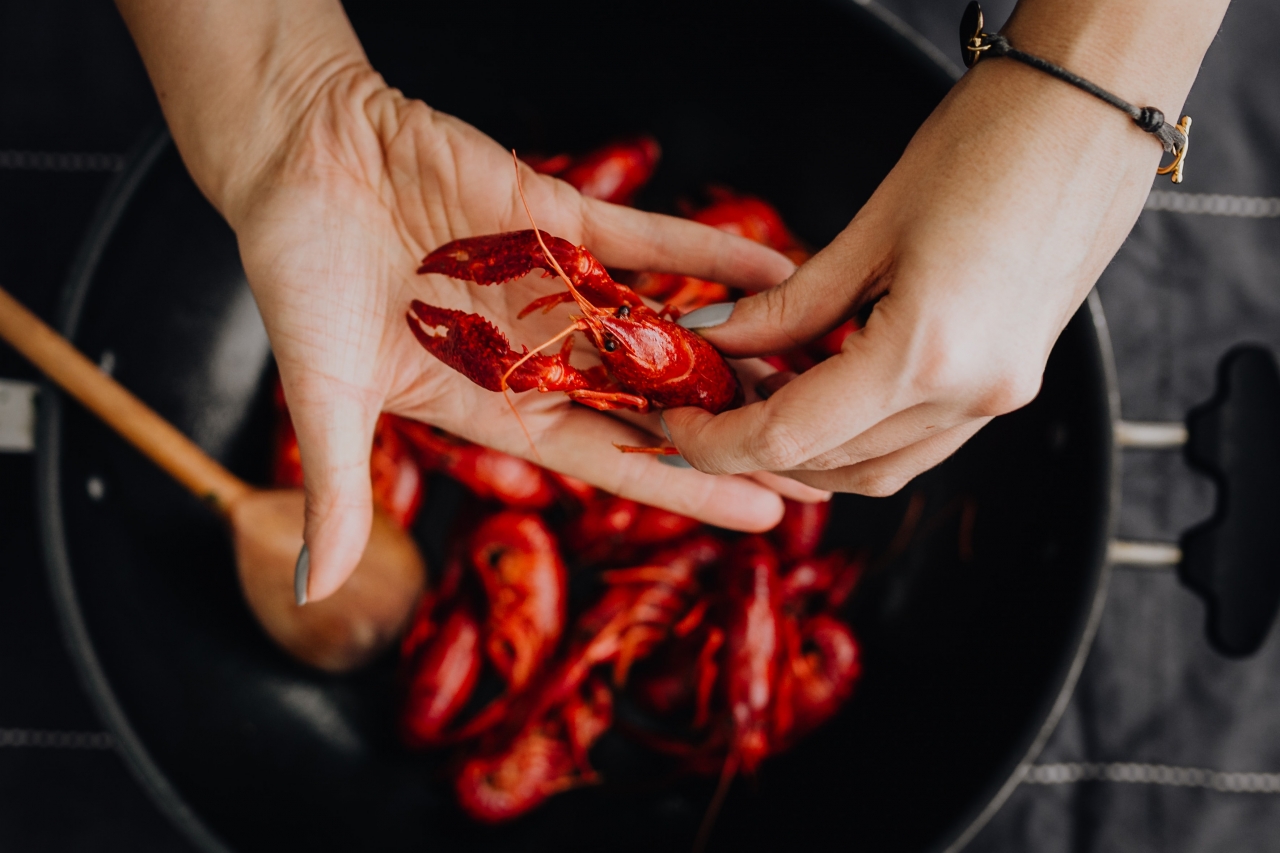Sometimes, it’s difficult not to look down at the mountain of washing up, the splashes of sauce on the walls, the burnt fingers and broken crockery and wonder if it was all worth it. Yep, home cooking can feel like a chore. But in the right hands, it can be healthy, tasty and totally worth it.
If you’re keen on more professional approach to cooking at home, then it would be prudent to, well, listen to the professionals. They happen to know a thing or two about turning your meals from car crash to ‘corrr, that’s good’. With that in mind, here are 6 IDEAL chef’s secrets to lift your home cooking to the next level.
REPLENISH YOUR SPICES REGULARLY
That ground turmeric you use to bring intrigue to a curry? Those cumin seeds you rub on your lamb? Well, if they and other spices have been sitting in your kitchen cabinet for some time, they’re almost certainly past their best. Though they may be long-lasting, they don’t have a limitless shelf-life. In fact, they can turn stale and tired tasting pretty quickly.
Replacing dried spices regularly will ensure your food stays as flavoursome as it should be. If you just can’t bear to throw away a full pot of spice, then gently dry toasting its contents in a pan will give it a bit of extra life. And where possible, use whole spices and grind them to a powder as and when required.
ROOM TEMPERATURE BEFORE, REST AFTERWARDS
Cooking meat to be as tender as possible is a tall order. In fact, much of the hard work happens before and after the actual cooking. The key to success here is to allow the meat to come to room temperature before it sees any heat, as this ensures more even cooking. It’s equally important to allow your meat to rest after cooking it, before slicing and serving. Wisdom suggests that this resting should last for as long as the cooking. Doing so will mean all those lovely meat juices (equals; flavour) remain in the animal and aren’t lost all over your chopping board.
MAKE STOCKS & SAUCES FROM SCRAPS
Too many amateur cooks (surprisingly, some professionals too) put their unused scraps of vegetables into the compost pile or even the bin. However, any diligent, conscientious chef would use all those discarded bits and peelings to make something delicious.
Most commonly, these items can make the backbone of all great cooking; a stock. Carrot butts, onion ends, parsley stems, broccoli and cauliflower bases, and celery leaves all work wonderfully to create a fantastic vegetable stock for making sauces and soups. Just add sufficient water so that the scraps are completely covered, allow the mixture to simmer for around 45 minutes, then strain.
The same goes for scraps of meat; these can be used to make a super tasty reduction to give body and flavour to a gravy, jus or sauce. On that note, check out our 6 IDEAL tips on how to make gravy here.
ROTATE BAKED GOODS HALFWAY THROUGH COOKING
If you find your cakes, brownies and muffins don’t always cook evenly, the answer may well be to follow the professionals’ lead and rotate them in the oven halfway through their cooking time. It’s such a simple step but one which remedies a whole lotta baking inconsistency. Whatever it is that you’re baking, simply turning the pan or tray around partway through the process will resolve the problem, as pockets of ovens can be much hotter than other areas. This works even if you have a convection oven.
DEVELOP A PROFESSIONAL MINDSET
Though you don’t have to dress like a chef to cook like one, getting in the mindset of a chef is perhaps the best thing you can do to improve your home cooking. Two tenets of professional cooking which are so important; one, to always work clean, and two, prepare well in advance (to have your ‘mis en place’ ready, in chef’s parlance). It’s also beneficial to have the right tools for the job, such as sharp, task appropriate knives and even a good quality chef’s apron to keep you looking pristine even if your cooking is falling apart!








